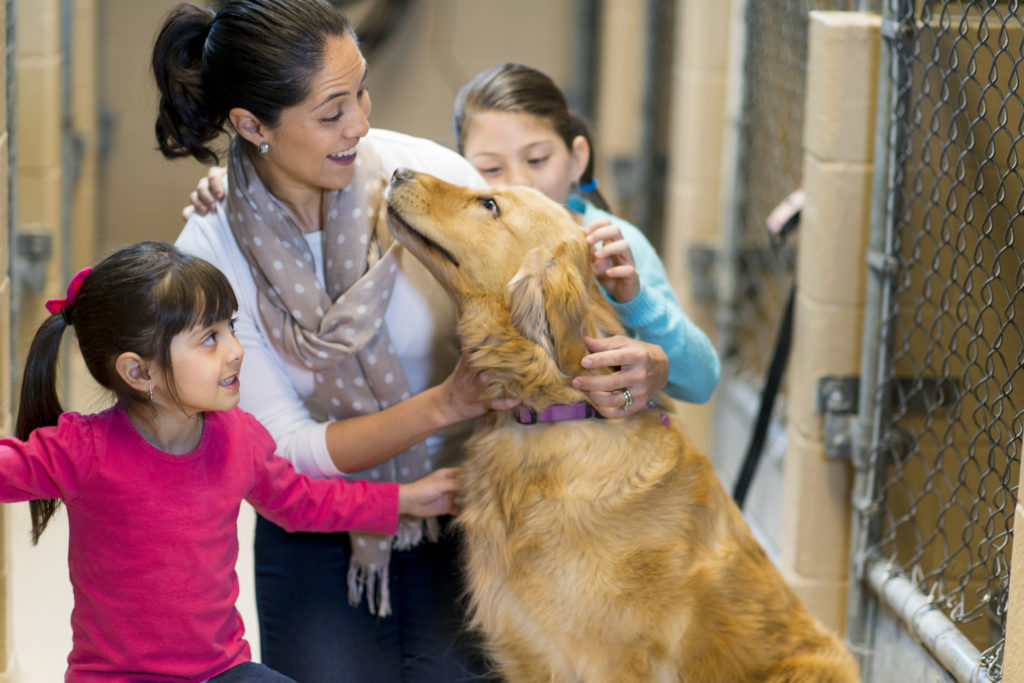Rescuing a dog is an incredible feeling. You have the opportunity to help a dog who was abandoned or surrendered, and many times you may never know why. These sweet pets are just looking for someone who will give them a chance at a warm and safe home. But what are the most important things you need to know about adopting a rescue dog? We’ve made a list!
Ask Questions
The person who fostered your new dog may have some information to share, and it’s worth making the time to talk with them. However, the dynamic of your house won’t necessarily match the environment the dog experienced, so you’ll get the chance to make your own observations too.
Get Ready
Your new pup will be stressed with the change in environment, so accidents are likely to happen. Decide where you’re going to keep your pet for the first few days and prepare accordingly. A kitchen could be a good choice, both because it’s easier to clean up accidents and because it will keep the new pet near the action in your home. They’ll get used to the environment more quickly if they are exposed to it right away. That might seem like the wrong choice – you might be inclined to keep the dog in a quiet place to ease stress, but in the long run, that could have the opposite effect.
Be Observant and Reward Good Behavior –
Every dog that is rescued has a story that influences behavior. While there are many approaches to helping a dog feel settled in their new home, start with getting to know your new dog’s body language. Things to watch for:
- Shy dogs may tuck their tails or lay their ears back and flat against the head.
- Stressed dogs may yawn frequently and lick their noses over and over again.
- Threatened dogs will stand stiff, raise their necks up and their tails will stand up as well
Reward your dog’s positive behaviors with lots of praise and judiciously offered treats. Use redirection and distraction to interrupt undesirable behavior.
Offer Comfort
Offer soft bedding, tasty food and toys your dog can carry around. Observe what seems to bring them comfort. Use soft, reassuring tones, a voice that is kind, and gentle strokes and pats if allowed. How you approach your new dog and respond to their behavior will influence the entire relationship moving forward. Once you understand their needs, finding the right solutions to help them integrate into your household will be easier.
Go Slowly with New People and Places
To give your new pet the best chance for feeling comfortable, steer clear of dog parks, meeting other dogs on walks and meeting new people for a few weeks. Let your dog have a chance to acclimate to daily life in your family and feel relaxed first.
Establish a Routine
The whole household will benefit from having a care plan for your new dog – feeding, walking, playing and petting all have a place in the plan. Creating a schedule for feeding and walking will keep the household on track and your dog will relax more with that routine.
Give Them Time to Adjust
Some dogs just fit right in. They move into their new home and act as if they’ve lived there forever. Some dogs can act aggressively when afraid and others become submissive. You need to give your new dog time to adjust to the new people, space, and other animals. Of course, get in touch with a veterinarian or training professional quickly if your new pet is showing signs of aggression.
Enjoy Your Rewards
Unconditional love and obvious joy in spending time with you will be some of your rewards for taking a rescued dog into your home. Congratulations on opening your arms and your heart.

